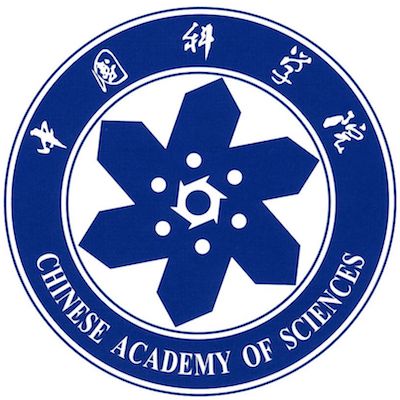
ANSO Silk Road Forum & The 2nd ATES Open Science Conference
Theme
Evolution of the Silk Road Civilization and Environment Change
Topics
1) Environmental Change and Sustainable Development of the Silk Road
2) Paleolithic Culture and Human Migration
3) Trans-Eurasia Exchange of Early Farming and Herding
4) Evolution of Silk Road Network and Towns
5) Silk Road Science and Technology Exchange
6) Genetic History of Silk Road Populations
The Silk Road traverses complex terrain and landscapes including plateaux, Gobi Deserts, oases, mountains, basins, forests, and steppes across Eurasia. Its distinct geographical landscapes and changing environment played significant roles in the development of the trans-Eurasia exchange and Silk Road civilization. Before opening up the Silk Road, this region was an important East-West link, with multiple paths and extensive population dispersal, economic and cultural exchanges, and so on. The Silk Road greatly facilitated long-distance and large-scale exchanges of economy, agriculture, religions, culture, and technology across Eurasia, having a far-reaching impact on the progress and development of human civilization.
However, due to ethnic, religious, linguistic, and national differences, as well as complex geopolitical relationships, there are critical gaps in systematic sorting and communication on scientific issues such as the early human dispersal, agricultural and pastoral development, route shift and demise, technology development and exchange, civilization evolution, and environment changes, as well as a lack of sufficient data, models and theoretical support, which limits the comprehensive study and scientific understanding of East-West exchanges along the Silk Road regions.
The Association for Trans-Eurasia Exchange and Silk-Road Civilization Development (ATES) was established under the Alliance of International Science Organizations (ANSO) in 2019 to promote interdisciplinary research and international cooperation.
This international conference will bring together renowned experts and scholars from the Silk Road countries and other regions to share the most recent findings of interdisciplinary research and discuss the future development of ATES.
ATES intends to give full play to the advantages of the International Scientific Research Alliance and invite scientists from different fields and world-class scientists of related majors to hold the “A ATES Workshop on Environment Change and Sustainable Development along the Silk Road “, mainly for young scholars from developing countries along the Silk Road, carry out basic scientific research theories, methods and skills training such as environmental change, human civilization development, and scientific and technological exchanges, and deepen the concept of basic scientific research to promote sustainable development. Strengthen international scientific and technological cooperation and improve the basic scientific research level of young scientists.


